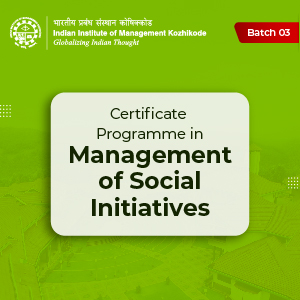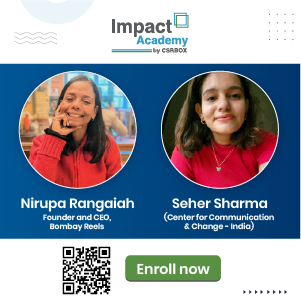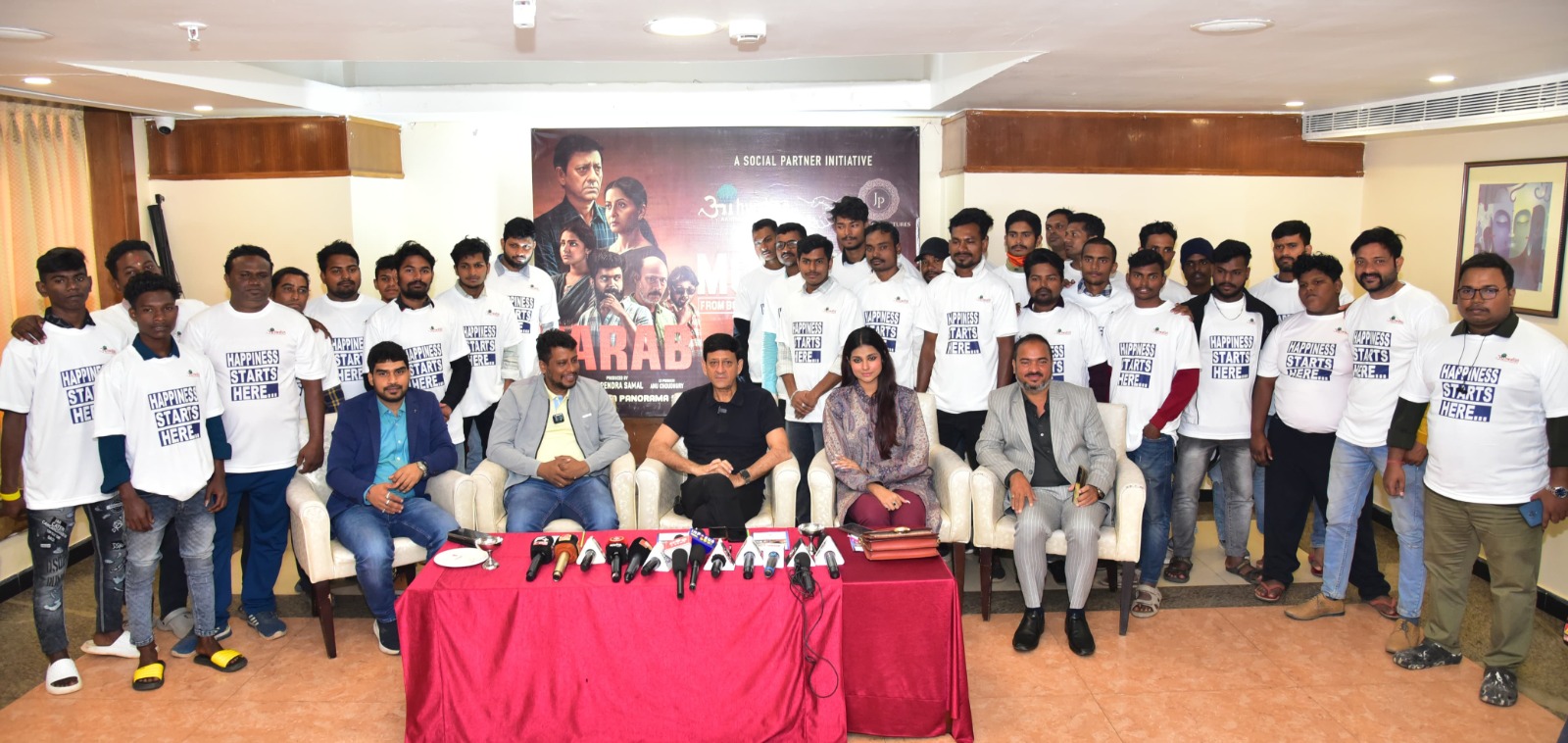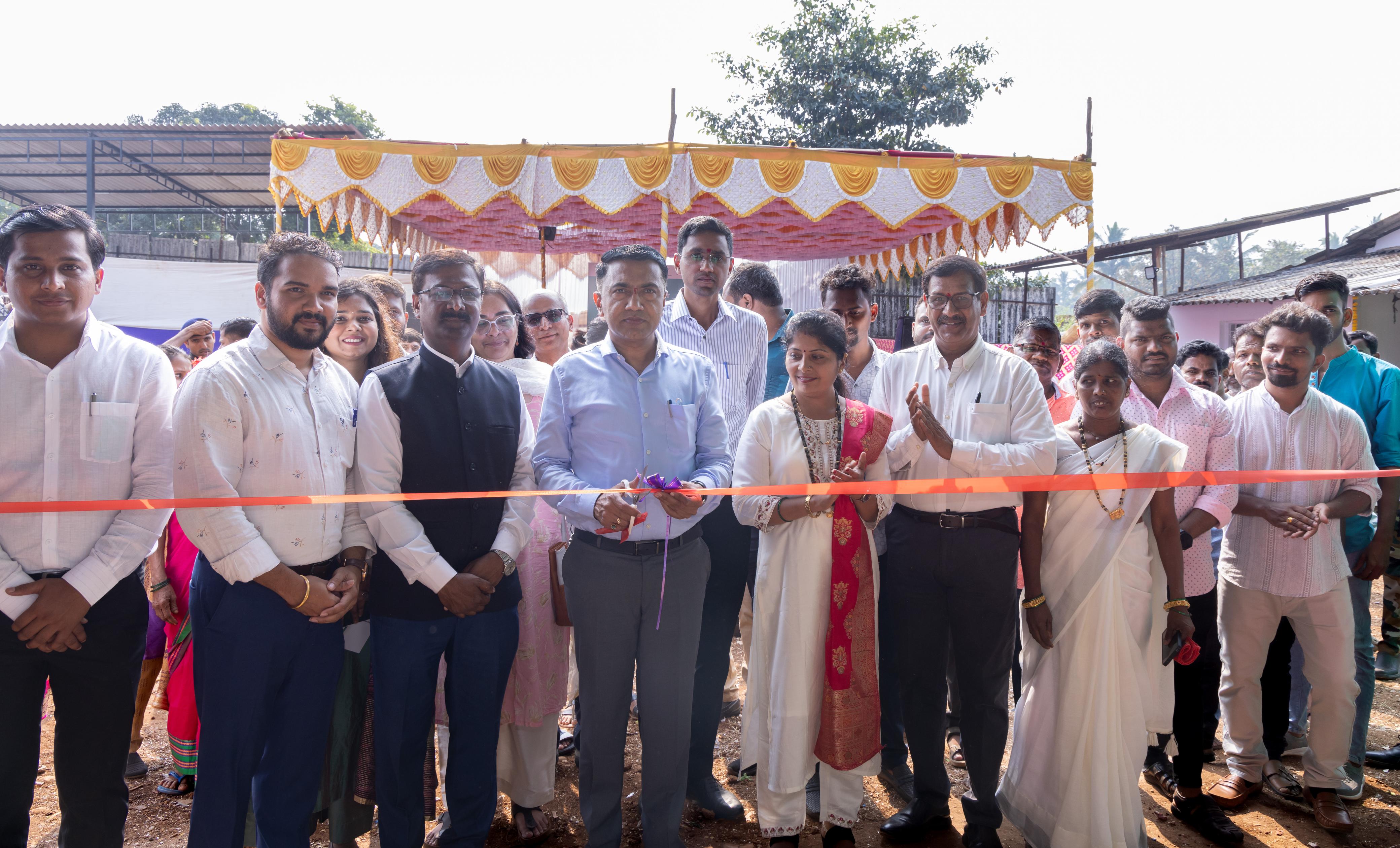Subscribe our Weekly Newsletter
Applications Invited for the Chemistry for Climate Action Challenge

Organization: The Elsevier Foundation
Apply By: 15 Sep 2024
Grant Amount: 25000 USD
About the Organization
The Elsevier Foundation contributes over $1 million a year to non-profit organizations and it’s funded by Elsevier, a global information analytics company specializing in science and health. The Elsevier Foundation is part of Elsevier’s corporate responsibility program, which centers on our unique contributions to sustainable development in gender, health, climate and reducing inequalities. On a day to day basis, the Elsevier Foundation is run by a small core team, and its governed by its Board.
In 2005-2016, the Elsevier Foundation has awarded over 100 grants worth millions of dollars to non-profit organizations focusing on libraries, nurse faculties and women scholars during their early and mid-careers.
In 2016, the Elsevier Foundation launched a series of new partnerships to serve as a catalyst for inclusive research and health partnerships, convening and spotlighting changemakers to accelerate early-stage interventions for systemic change in research and health equity. The Elsevier Foundation also provides matching funds for donations to charitable organizations employees personally support to encourage their generosity and community involvement.
About the Grant
The Chemistry for Climate Action Challenge is one of the Elsevier Foundation’s flagship partnerships. Together with Elsevier’s Chemistry journals, the Elsevier Foundation provides funding of 25,000 USD for 2 winning projects per year, implementing green & sustainable chemistry solutions in the Global South – advancing both Climate Action (SDG 13) and Gender Equity (SDG 5).
Challenge Criteria:
Proposals need to have all the criteria described below, namely have a strong green & sustainable chemistry component, using a novel approach for a solution to an urgent problem, be applicable in and suitable for low- and middle-income countries, replicable, scalable, sustainable and, have an impactful gender component.
Projects will be reviewed according to the criteria below:
- The proposal clearly describes the urgency of the problem.
Provide a description of the project background and include a description of the broader context, the urgency of the problem, and highlight how the project links to the United Nation Sustainable Development Goals (SDGs). Particularly describe how the project links to SDG13 Climate Action and the sub-targets of this SDG such as: strengthening resilience to climate-related hazards, improve education and awareness, address the needs of low- and middle-income countries. Additionally, describe if and how the project interlinks with other SDGs (e.g., SDG3 Good Health and Well-being, SDG5 Gender Equality, SDG15 Life on Land, etc.), resulting in co-benefits.
- The project utilizes innovative green and sustainable chemistry and chemical sciences approach, for example:
- CO2 reduction and utilization, cleaner production, energy conversion and storage Reduces or eliminates the use or generation of one or more hazardous substances or materials;
- More sustainable use of resources and cleaner low energy production;
- Increase reuse or recyclability of chemicals/product;
- Designs a new business model related to the circular economy.
The project is replicable, scalable, sustainable (make sure to specify why), and sets a benchmark for innovation – new ideas or concepts in development will be given preference over more advanced projects.
- The proposal highlights the novelty of your approach and gives a short literature overview of what has been done before, both by you and others (“background”).
- The project is applicable in and suitable for low- and middle- income countries. Describe the project’s social impact on local communities, including gender equality either in design or implementation.
- The project must have an impactful gender component, and if relevant describing the sex/gender dimensions of the research. To know more about best practices in designing and implementing sex/gender components into chemical sciences-related projects, please refer to the ‘Gender Road Map: Short guidance for a genderresponsive national chemicals policy’, developed by the MSP Institute. Another helpful reference is ‘Toolkit for Integrating Gender-Sensitive Approach into Research and Teaching’, developed by GARCIA in collaboration with a number of universities (i.e., Radbound University, University of Trento, Université Catholique de Louvain etc.). Additionally, Gendered Innovations (Stanford University) provides practical methods of sex, gender and intersectional analysis for scientists – and offers case studies as concrete illustrations of how this analysis leads to innovation.
- The project must include an implementation plan. Please note that if the project has been developed in a high-income country, contextually appropriate knowledge transfer to the lower income country is needed to be demonstrated, for instance through a developing country implementation or research partner(s). If the idea presented is already patented, it will not be eligible.
- The project must also disclose a full and detailed budget plan in USD highlighting any funding already raised and plans to close any funding gap between the prize money of USD 25,000 and your total budget costs.
How to Apply
You can submit your proposal on the Elsevier Foundation Chemistry for Climate Action Challenge platform at this link: https://app.oxfordabstracts.com/stages/75763/submitter
Deadline: September 15, 2024.
For more information please check the Link
Latest Online Store
Latest Tenders And EOIs
Latest News
© Renalysis Consultants Pvt Ltd

.png)























.jpg)
